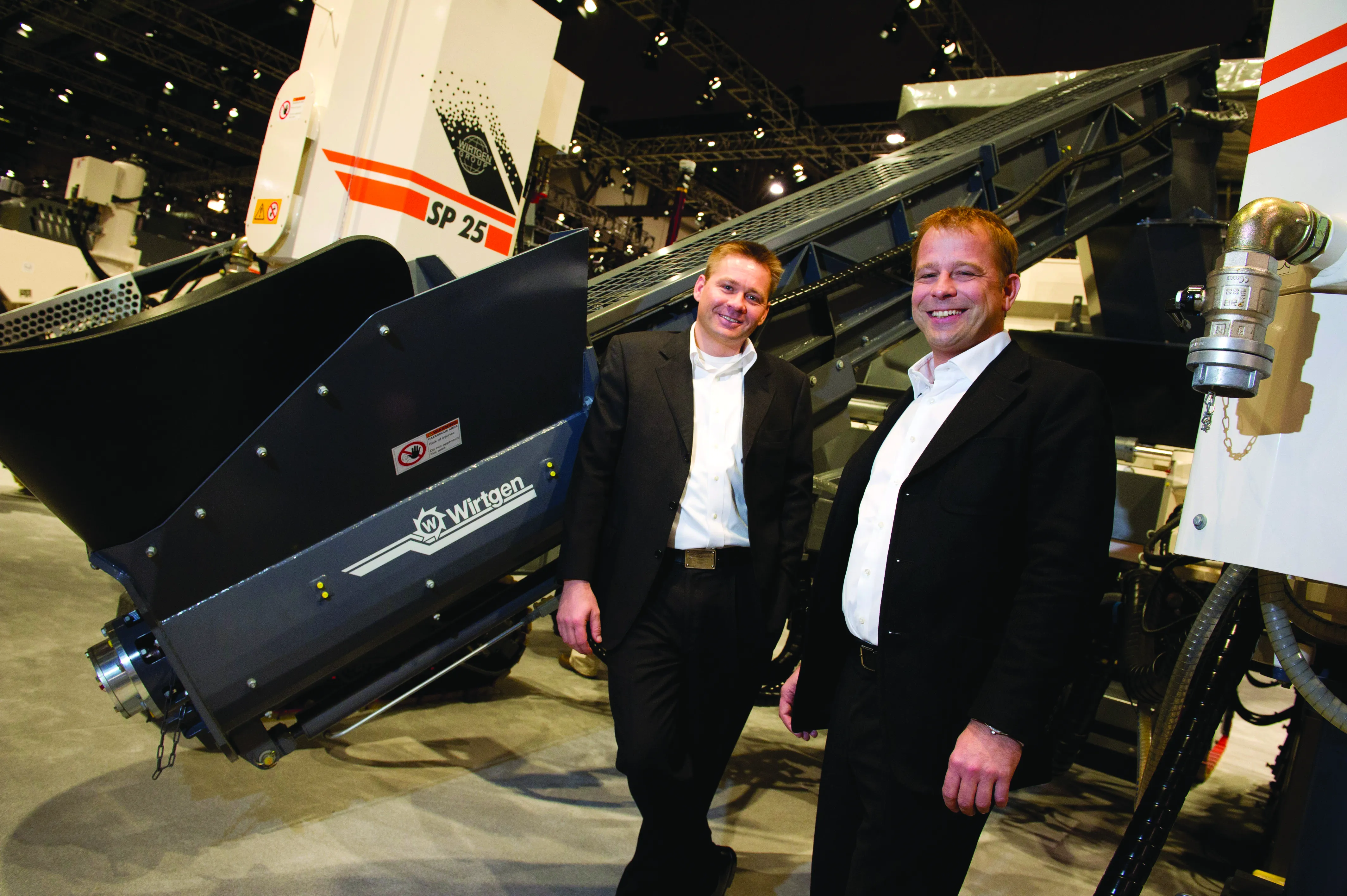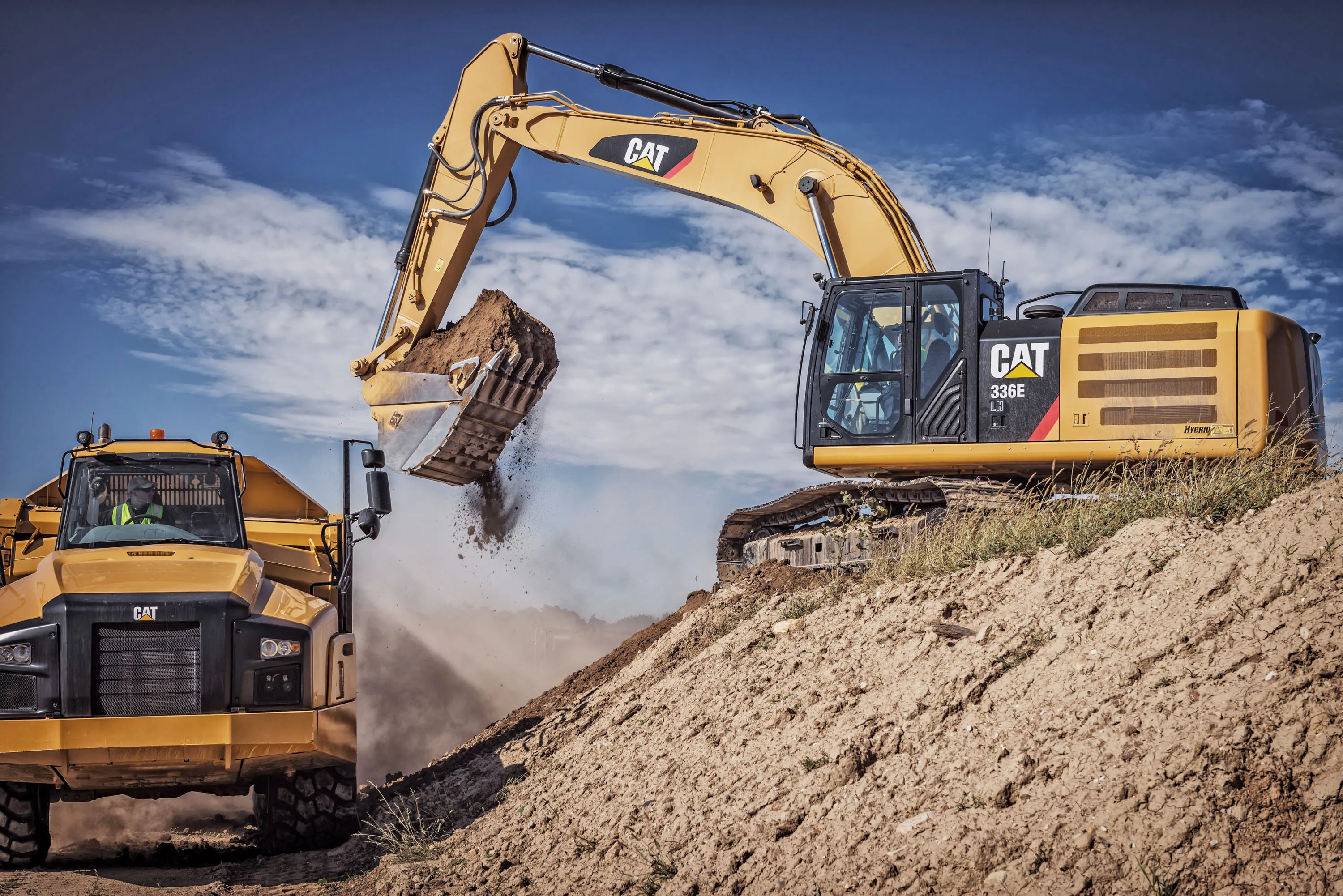International ground stabilisation specialist, Tensar has successfully defended its TriAx product range against several Chinese patent infringements.The TriAx geogrid, patented in many countries around the world by Tensar for use in ground stabilisation, road, rail and other applications, has received many awards for innovation and has achieved considerable commercial success since its introduction a few years ago."Several Chinese manufacturers and their distributors attempted to take advantage of this succ
March 20, 2012
Read time: 2 mins
International ground stabilisation specialist, 340 Tensar has successfully defended its TriAx product range against several Chinese patent infringements.The TriAx geogrid, patented in many countries around the world by Tensar for use in ground stabilisation, road, rail and other applications, has received many awards for innovation and has achieved considerable commercial success since its introduction a few years ago."Several Chinese manufacturers and their distributors attempted to take advantage of this success by producing similar triangular aperture geogrid products, thereby infringing upon Tensar's TriAx patent," says Tensar.
The company sought the voluntary cooperation of these parties to cease and desist from their infringing activities, and when these efforts failed, it started legal proceedings in various venues in China to protect its substantial investment in this new technology, which includes a TriAx geogrid production facility in Wuhan.To date, Tensar has pursued three separate cases through the Chinese legal system and prevailed in each instance."These recent actions demonstrate that it is possible to successfully pursue such cases through the Chinese legal system," says Tensar.
The company sought the voluntary cooperation of these parties to cease and desist from their infringing activities, and when these efforts failed, it started legal proceedings in various venues in China to protect its substantial investment in this new technology, which includes a TriAx geogrid production facility in Wuhan.To date, Tensar has pursued three separate cases through the Chinese legal system and prevailed in each instance."These recent actions demonstrate that it is possible to successfully pursue such cases through the Chinese legal system," says Tensar.









